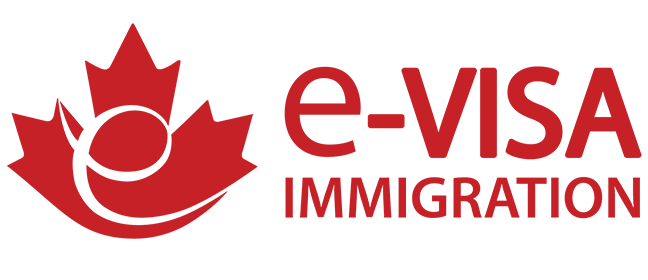Start Your Canadian Journey
Book a ConsultationFOR THE LATEST IMMIGRATION NEWS, FOLLOW US ON OUR SOCIAL MEDIA CHANNELS
29 March, 2022
Why is Canada a reference country in diversity?
Diversity has always played an important role in Canadian history.
Originally inhabited by indigenous people, the immigration to Canada began with French and British colonization in the 17th century and continued through the 18th and 19th centuries, with many who fled from the United States during the American Civil War, which was followed with a new wave from Europe after the two World Wars.
As a result, many new cultures, languages and religious groups landed in Canada, bringing many changes to the government policy and the first laws to protect diversity.
In 1971, Canada became the first country in the world to enact an official policy on multiculturalism, showing how diversity was already valued in its political and social landscape.
Today, Canada has the highest percentage of foreign-born citizens of any other G8 country.
In 2021, the country welcomed a record number of immigrants since 1913, with more than 401,000 people got the status of new permanent residents.
Diversity in Canada extends beyond race and ethnicity. It also includes language, gender, religious affiliations, sexual orientation, abilities and economic status. By opening its doors to immigration, Canada has created a society of mixed languages, cultures and religions, representing more than 21% of the total Canadian population, one of the highest proportions among the G8 countries.
According to Statistics Canada, the majority of the population born outside the country reside in Ontario, British Columbia, Quebec and Alberta and there are more than 200 different ethnicities reported in the National Household Survey, including 13 of them that have passed the one million inhabitants living in Canada mark.
All this diversity is evident when walking through the streets of many Canadian cities. You will definitely be surprised to hear so many different languages being spoken.
The 2016 Population Census found that 19% of the population speak at least two languages at home, compared to 14.2% in 2006.
In 2016, 75% of the population reported speaking a language other than English, French or Aboriginal lived in one of Canada's six largest census metropolitan areas (Toronto, Vancouver, Montreal, Calgary, Edmonton, and Ottawa).
Statistics Canada projects that by 2031, between 25% to 28% of the population will be foreign-born and 29% to 32% of the population will belong to a minority group.
Minorities are expected to make up 63% of the population of Toronto, 59% of Vancouver and 31% of Montreal.
One area where diversity is often discussed is in the job market.
Canadian employers have taken steps to ensure that their corporations are representative of Canada's diverse population.
Canada's Best Diversity Employers competition has been held for the past seven years and recognizes employers across the country who have developed exceptional workplace diversity and inclusion programs for five broad groups of employees: women, members of minorities, people with disabilities , aboriginal and lesbian, gay, bisexual and transgender people.
In October of last year, during the elections for the country's parliament, six people who identify as 'two spirits', which is how some of North America's indigenous communities refer to people with diverse genders and sexualities, were democratically elected and by this, the prime minister included the term in the acronym of diversity.
And doing so, the Prime Minister of Canada, Justin Trudeau, grew the acronym LGBTQIA+ in three more ways that make a lot of sense in the territories of North America. The politician started using 2SLGBTQQIA+ in official texts.
He even used a second letter Q, which talks about 'people who are still questioning themselves' when it comes to gender and sexuality.
The diversity of Canada's population is expected to continue to increase significantly, especially in large metropolitan cities and it is this movement that makes Canada one of the best countries to live in.
Hope you enjoyed our information!
The e-Visa group specializes in all the steps you need to be successful in your plan. Education, Visa, Immigration, Career and Financial Planning!


.png)
.png)
.png)
.png)

.png)
.png)
.png)
(1).png)
.png)
